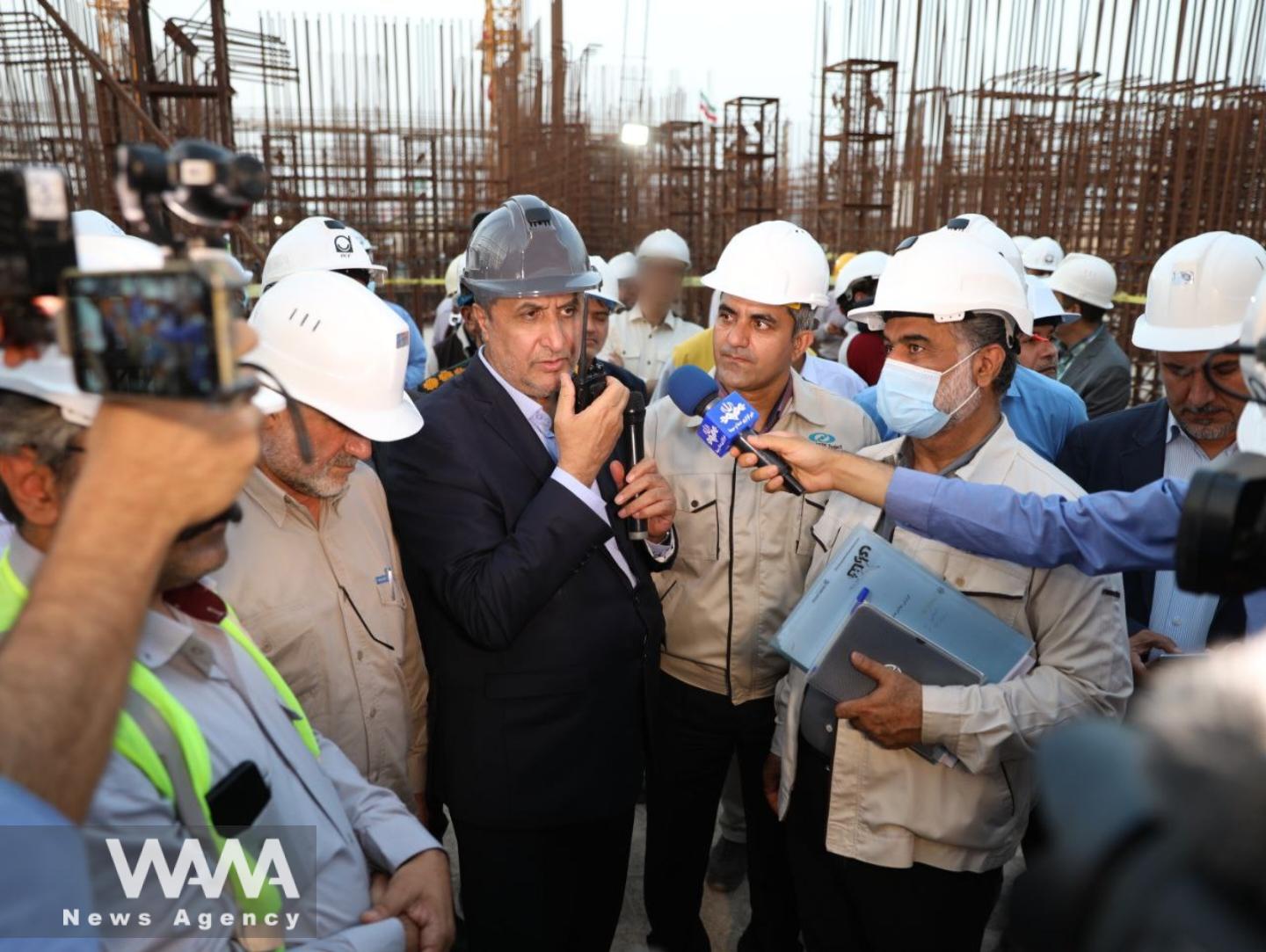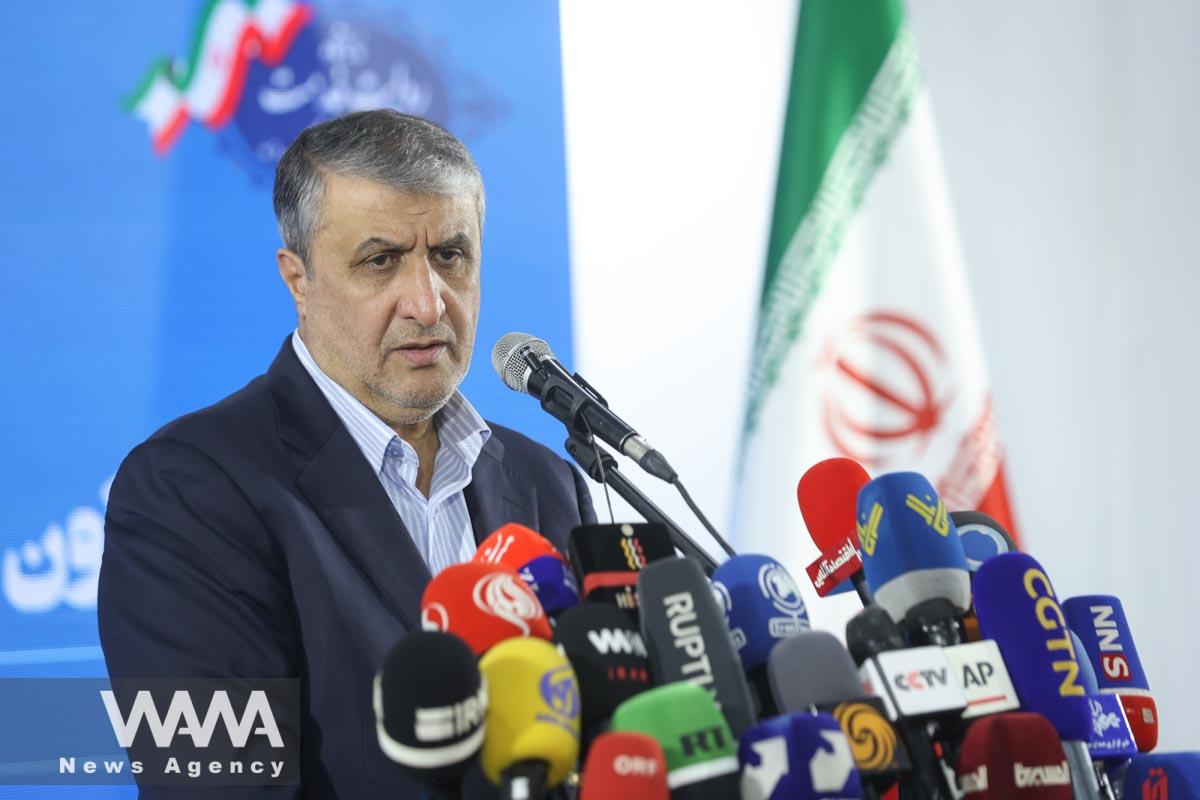Head of Iran’s Atomic Energy Organization Discusses Recent Nuclear Activities
WANA (July 12) – In a news interview, Mohammad Eslami, the head of Iran’s Atomic Energy Organization, elaborated on Iran’s recent nuclear activities and its response to recent IAEA resolutions.
Eslami stated that the 60% increase in uranium enrichment at the Fordow site was in response to the latest IAEA resolution. He emphasized that Iran had previously declared it would react if any resolutions were issued against it.
While enrichment above 20% had already started at other nuclear sites in Iran, beginning enrichment at the much more secure Fordow site signifies Iran’s seriousness in declaring its clear stance against the West’s breaches of agreements.
Before the 2015 JCPOA nuclear agreement, the Islamic Republic of Iran had reached 20% uranium enrichment. However, with the start of nuclear negotiations, Iran decided to cooperate and reduce tensions.
Responding to Western countries’ concerns about Iran exceeding the agreed-upon enrichment levels in the JCPOA, Eslami said that Iran has always cooperated with the IAEA and demonstrated goodwill. He added that despite the U.S. withdrawal from the JCPOA, Iran has continued to adhere to its commitments.
He said that during this period, Iran relied on its internal capacities to produce more powerful and newer IR6 centrifuges, which are now being used for 60% enrichment.
Addressing accusations of nuclear activities at undisclosed sites, Eslami emphasized that Iran does not need undeclared sites. He sarcastically noted that places known as cow farms or scrap metal sellers cannot be nuclear sites. Eslami also criticized the ease with which accusations from terrorist sources—those who have admitted to assassinating Iranian nuclear scientists and carrying out nuclear sabotage—are taken forward.
The latest IAEA resolution is the second this year and has complicated efforts to revive the JCPOA. The head of Iran’s Atomic Energy Organization stressed that Iran wants to end double standards and added that issuing resolutions or using them as tools in the Board of Governors cannot achieve any results.
Iran’s progress in the nuclear sector is undeniable, and any unconstructive actions by the West will be met with similar reactions from Iran. The U.S. government has recently disrupted the focus of negotiations due to internal events in Iran and accusations of Iranian drone assistance to Russia in the Ukraine war.
These issues have reduced efforts for constructive meetings and may make the process of returning to the JCPOA more difficult.
By AEOI PR

Mohammad Eslami the President’s deputy and head of AEOI / WANA News Agency












